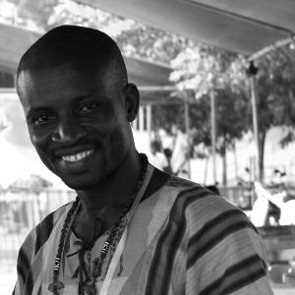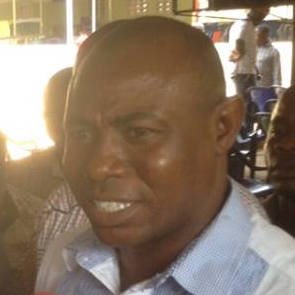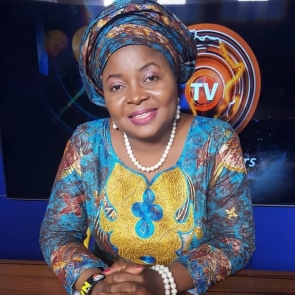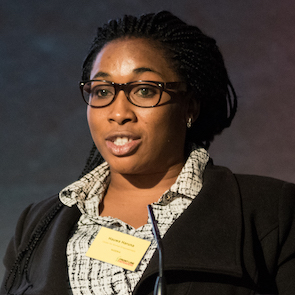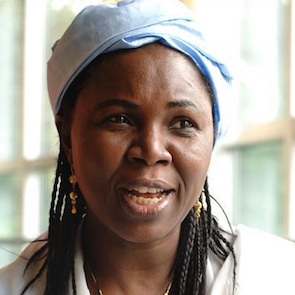#Nigeria
#Nigeria
HRDs and journalists in Nigeria are at risk of harassment and intimidation for their work. Those who work to document human rights abuses by security forces and government corruption are particularly at risk. The authorities have taken little to no action to prevent these risks and in some instances have used the judicial system to arrest, detain and prosecute HRDs. There are serious concerns about the impartiality and independence of Nigeria’s criminal justice system as wealthy individuals, police, state security forces, and government agencies have all repeatedly used it to target HRDs and journalists who have exposed corruption.
Since the presidential election in early 2019, HRDs have reported being increasingly targeted by various branches of the government for social media posts and articles or blogs. Due to this difficult climate, many HRDs are starting to self-censure and reduce the scope of their work. In parts of Northern Nigeria, these risks are exaggerated as HRDs face reprisals not only from government but also from the terrorist group Boko Haram. Sometimes HRDs find themselves caught in the middle of the conflict due to their activities monitoring and reporting on human rights abuses; these risks are especially acute for journalists as they are public figures who are vulnerable to abductions and attacks.
Women HRDs face specific gender-based risks including verbal assaults, physical attacks, and sexual harassment especially in certain areas of the country where Sharia law is applied and where traditional practices and customs take precedent. The work of WHRDs in those areas on such issues as polygamy, child marriage, inheritance, and Female Genital Mutilation (FGM) further elevates their risk as they challenge predominant norms and culture. In addition, HRDs and organisations who are working for LGBT+ rights face severe, widespread risks throughout the country, and are often vulnerable to physical attacks. Under a federal law adopted in 2014, work in support of LGBT+ rights is criminalised. This law limits freedom of assembly and freedom of expression as it prohibits registration of and membership to LGBT+ societies and organisations.

